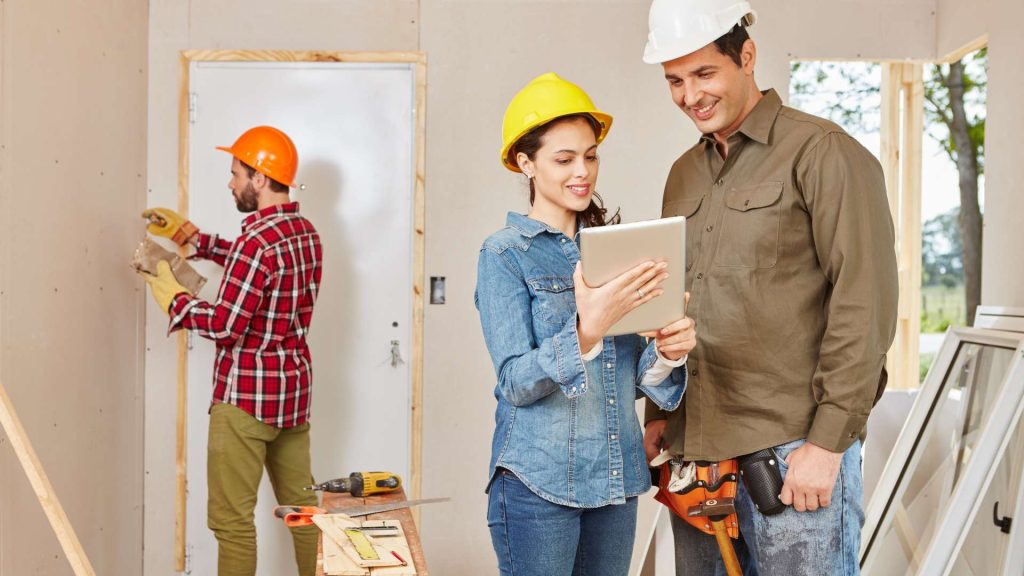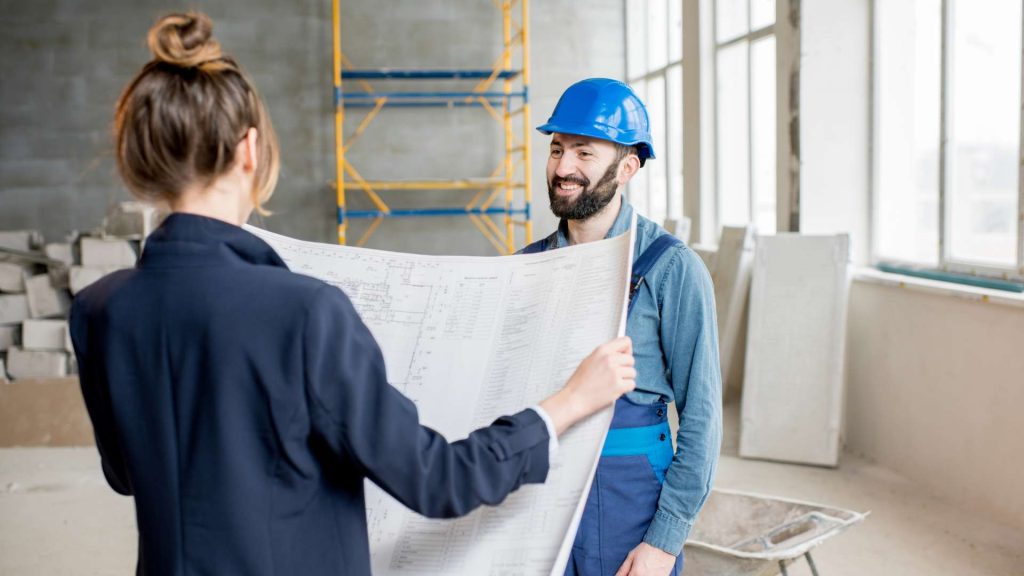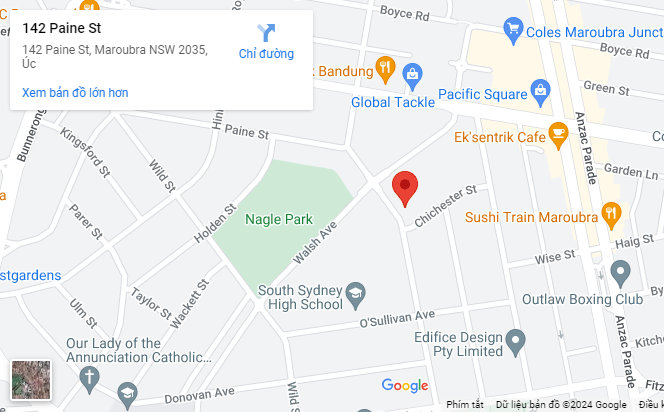Building your first home can feel overwhelming, with countless decisions and details to navigate, especially regarding house design. To avoid common pitfalls and ensure a smoother experience, it’s crucial to do your homework and prepare thoroughly before breaking ground. Here are 6 essential tips to help first-time home builders tackle the process with confidence.
1. Plan your dream home with care
Your dream home starts with thoughtful planning and consideration. From selecting the perfect neighborhood to choosing the ideal block of land and house plans, every detail matters. Take time to research thoroughly and weigh the pros and cons of each decision.
Start with the neighborhood. Do you need nearby schools or daycare? Would you prefer to be within walking distance of shops or parks? Is a quiet street a must, or are you okay with a busier road? Explore online resources, or take a drive through potential areas to get a feel for the surroundings. Next, consider your land options and the house plans that align with your vision.

2. Choose the right builder for your home
The right builder can turn your home-building journey into a stress-free experience. Trustworthy, reliable, and capable builders are essential to delivering the home of your dreams within realistic expectations.
When choosing a builder, consider these questions:
– Reputation: What do previous clients say? Are there reviews you can read or locals you can consult?
– Reliability: What guarantees do they provide for their work and timeframes? Are their promises realistic?
– Location: Are they local? If not, will travel costs affect your budget?
– Communication: Can you build a good relationship with their team? Do they listen to your needs and make you feel heard?
– Price: How do they compare to other builders? The cheapest option isn’t always the best, but the most expensive might not be ideal either. Compare builders across all these aspects to find the perfect fit for your project.
3. Come prepared with your vision
Creating your house design is much easier when you bring clear ideas to the table. Whether it’s a scrapbook, a Pinterest board, or simply a collection of inspiration from homes you admire, having a solid vision helps streamline the design and build process. Include not just features you love, but also those you want to avoid.
If you’re customizing your home, stay open to suggestions but share your vision clearly with your designer. For those choosing a builder’s standard house plans, it’s still important to have the basics figured out. How many rooms do you need? How big or small should your home be? Do you want special features like an alfresco area or an entertainment room?
Make two lists: your “must-haves” and your “nice-to-haves.” This helps your builder work with your budget to refine or design house plans that suit your needs while balancing price points effectively.
4. Plan for your furniture and appliances early
While it’s natural to focus on the big picture when building a home, overlooking the finer details can lead to frustration later. Imagine getting your keys, only to find that your dream fridge doesn’t fit the kitchen layout or your antique sofa is too long for the living room wall.
You don’t need to finalize every piece of decor, but if you have key furnishings or appliances in mind, ensure they’ll fit comfortably in the space. For instance, a media room may require additional power outlets, or a butler’s pantry might need extra plugs. Talk to your builder about any specific needs to avoid surprises down the track.

5. Budget for more than you think
One of the most common tips in home building is to set aside a contingency budget. Many first-time builders assume that the builder’s estimate covers everything, but that’s rarely the case. Items like fencing, landscaping, or window treatments often aren’t included in the initial quote.
Additionally, there may be fees you haven’t considered, such as building application fees, solicitor’s fees, or site costs. Take time to understand exactly what your builder’s estimate covers and plan your budget to include these extras. Add a little extra for unforeseen expenses to ensure you’re fully prepared.
6. Stay connected with your builder
Building your first home is a learning experience, and it’s normal to have plenty of questions along the way. Don’t hesitate to communicate with your builder as much as you need, especially during the initial consultation and key stages of the build.
While it’s important not to call daily for minor updates, a good builder will keep you informed about progress at every major milestone. Since the building process can take several months, establishing a strong rapport with your builder early on ensures that you feel comfortable reaching out with any concerns or queries throughout the journey. Effective communication is key to a smoother, stress-free experience.
(This information is sourced from trusted construction consultants)



